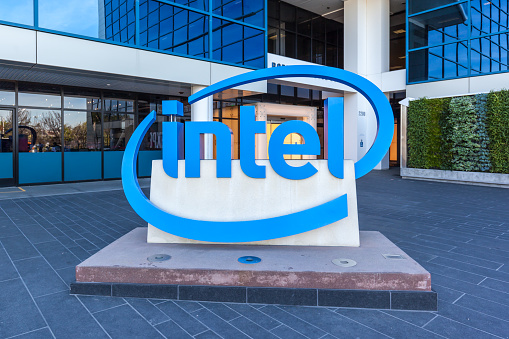Intel revealed its latest desktop CPU line-up, ‘Rocket Lake,’ which is to be sold as the CPU family of the 11th generation. In the first quarter of 2021, new chips will be announced in a blog post by John Bonini, Intel’s VP, and GM for the Desktop, Workstations, and Gaming Client Computing Environment.
While no details were published yet, the post confirms that PCIe 4.0 is supported by Rocket Lake CPUs, and Intel remains to target gamers as the primary market for desktop CPUs.
The news about Rocket Lake has almost been published in a blog post which highlights Intel’s current 10th Gen ‘Comet Lake’ desktop CPUs’, and overclocking credentials as well as the company’s partnership with game developers to promote standards and maximize performance.
Although Intel has not officially verified anything else about Rocket Lake, the platform has been speculated for a long time now. As the forthcoming CPUs are expected to share and be compatible with the same motherboard socket as the current Comet Lake CPUs, hardware manufacturers have already built-in support for PCIe 4.0 on existing 400-series motherboards. Although new motherboards should be introduced, several existing models will likely be able to exploit at least partial PCIe 4.0 functionality when used with the Rocket Lake CPU.
Thunderbolt 4 and Wi-Fi 6 along with the latest graphics from Intel Xe are also expecting to be supported by Rocket Lake. Interestingly, Intel has not yet confirmed or ruled out support for DDR5 RAM, although this would possibly require all-new motherboards.
As per reports, there has been an indication that the new 14-nm desktop product Rocket Lake with the new Intel Skylake architecture revision powered by six generations of Core CPUs, or a 14nm ‘backport’ variant of the 10nm ‘Willow Cove’ architecture based on the 11th Gen laptop CPU family ‘Tiger Lake.’
We already know that the 12th gen ‘Alder Lake’ will take over from Rocket Lake and currently has a 10nm method and a hybrid architecture that is most likely composed of the next generation of heterogeneous ‘Golden Cove’ and ‘Gracemont.’ Alder Lake could also use Intel’s 3D packaging technology Foveros and adds a new CPU socket.
Meanwhile, Intel is also struggling with a high-profile pause in its 7-nm production plans and will switch to the use of third-party foundries to produce different chips, so that the roadmaps may also change.
The Intel blog post was released only a day before AMD is scheduled to unveil its next-generation Zen 3 architecture. AMD has supported PCIe 4.0 on the desktop since the Ryzen 3000 series, which is based on the ‘Zen 2’ architecture and is built in a 7nm process.
As a result, Intel’s 11th Gen will be divided between Rocket Lake for desktop chips and Tiger Lake for laptops. Generation Zen 3 architecture. AMD has supported PCIe 4.0 on the desktop since the Ryzen 3000 series, which is based on the ‘Zen 2’ architecture and is built in a 7nm process.
As a result, Intel’s 11th Gen will be divided between Rocket Lake for desktop chips and Tiger Lake for laptops, plus other possible future announcements targeting various form factors.
